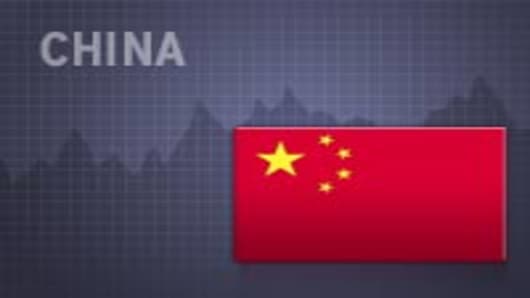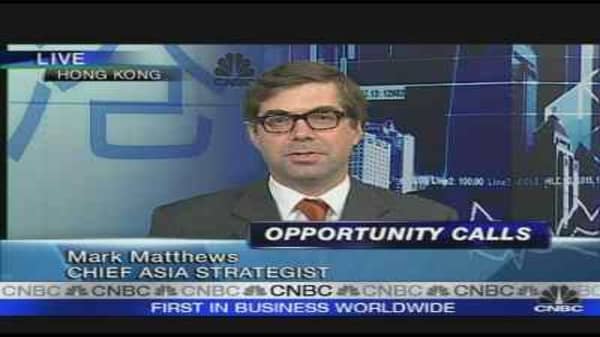The country's benchmark index briefly dipped below the psychologically important level of 3,000 on Wednesday but later pared back losses.
Silver Lining
Investors remained worried that inflation -- and the policy tightening prompted by it -- will not fade away so easily, but at least some took the modest rise in factory-gate prices as a positive sign.
"Higher commodity prices are dampening consumption, which will then make it hard for prices to tick up further," Li Huiyong, an economist at Shenyin and Wanguo Securities in Shanghai, said.
Soaring global commodity prices are vexing China, as they are all countries that are net importers. Fuel, power and raw material prices increased 11.9 percent in May from a year earlier, up slightly on the previous month.
"Inflation pressure remains elevated on rising prices of energy and raw materials. We expect the government to stick to a tightening mode," economists Ting Lu and TJ Bond at Merrill Lynch in Hong Kong wrote in a note to clients.
Offering some respite to inflation-weary China, though, was a clear slowing in food price rises in May, as that category in the PPI index dipped to 11 percent from 11.9 percent in April.
Food has been far and away the biggest driver of inflation in China, and the easing of prices for producers is likely to benefit consumers too.




